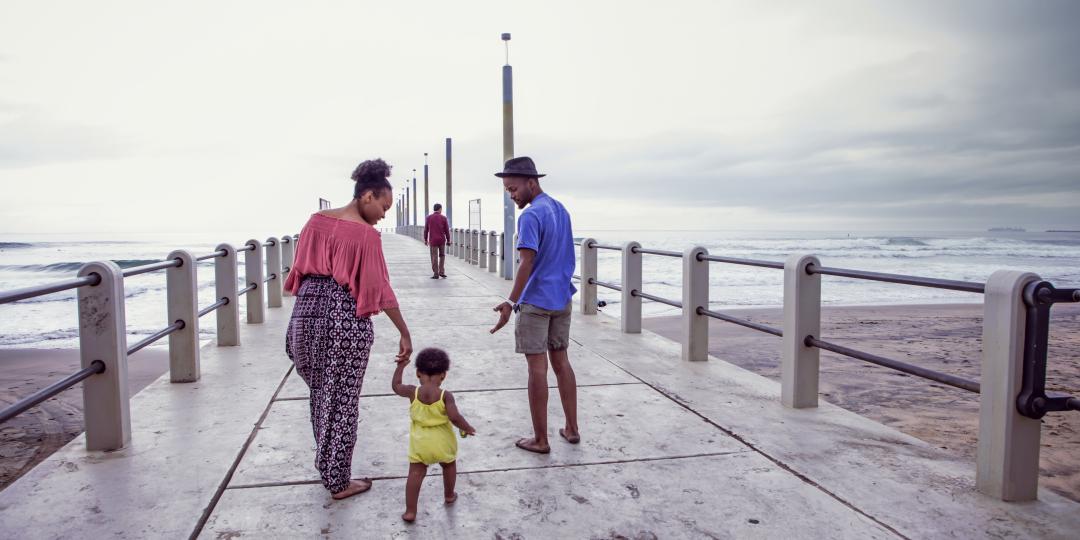Operators need to embrace the domestic market in the recovery from the impact of COVID.
This is the message of Locals Who Wander (LWW) – a new platform to encourage growth in South Africa’s domestic market.
Founders of the social-media-based operation say they believe the tourism industry can work together to make tourism experiences available to locals without compromising occupancies or revenue. LWW emphasises that creating space for the domestic market goes beyond dual pricing as it is not just an issue of rates but is more about access and inclusivity.
"Understanding that domestic tourism holds the key to establishing a more resilient sector is the first step in embracing the future of travel. We are already seeing a fundamental shift in travel with the millennial and generation Z markets which are more aligned with domestic tourism. With Locals Who Wander we have established relationships with SATSA as well as provincial tourism authorities to build awareness and engage with the industry to change mindsets and activate domestic tourism," said Founder, Justin Perumal.
This focus on partnership is at the core of LWW. “It seems that Government places the burden of making domestic travel work solely on the shoulders of the private sector, when the business environment in which tourism businesses operate also places added pressure, making it difficult for the private sector to change its perception of the value of domestic travel. COVID-19 has shown us that robust public-private collaboration is the missing link to making our economy work. We need all hands on deck,” said LWW Co-Founder, Mandisa Magwaxaza.
Perumal told Tourism Update that the platform aimed to build the domestic market in South Africa to be sustainable and one that the industry could rely on. In this spirit, LWW, encourages accommodating domestic buying practices and patterns into its business models.
“It’s not about pricing; there are always going to be South Africans who can afford more and South Africans who can’t. Right now, it’s about being considerate towards the domestic market’s needs,” said Magawaxaza.
The founders have highlighted other ways that operators can consider domestic markets, including collaborations with the transport industry and curating packages for domestic tourists.
Tourism products located on long-haul bus routes could collaborate with this industry to create packages that add a leisure element to the trip. Magwaxaza spoke of her own experience of travelling by bus between the Western Cape and Eastern Cape and breaking the one-way trip, to overnight in the Garden Route.
Another example could be rethinking the day safari and taking inspiration from the rest spaces in national parks. Private reserves and lodges could complement the day safari with high-end braai facilities, access to a pool and game drives.
Products are invited to submit their local deals via the LWW website. Deals are advertised in their respective provincial group free of charge and include the advertiser's contact details so that locals can book with them directly. No commission is taken for the advertising of these products, meaning that tourism businesses receive their full revenue to drive their recovery.
“The domestic market will not grow to yield better returns for tourism if it is perpetuated as a compromise when it is, in fact, essential to growing a more resilient sector,” said LWW founders in a statement.
























